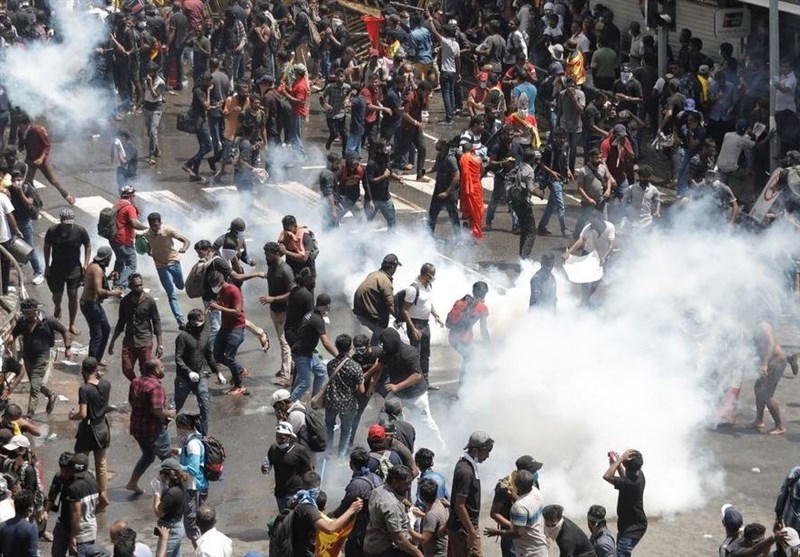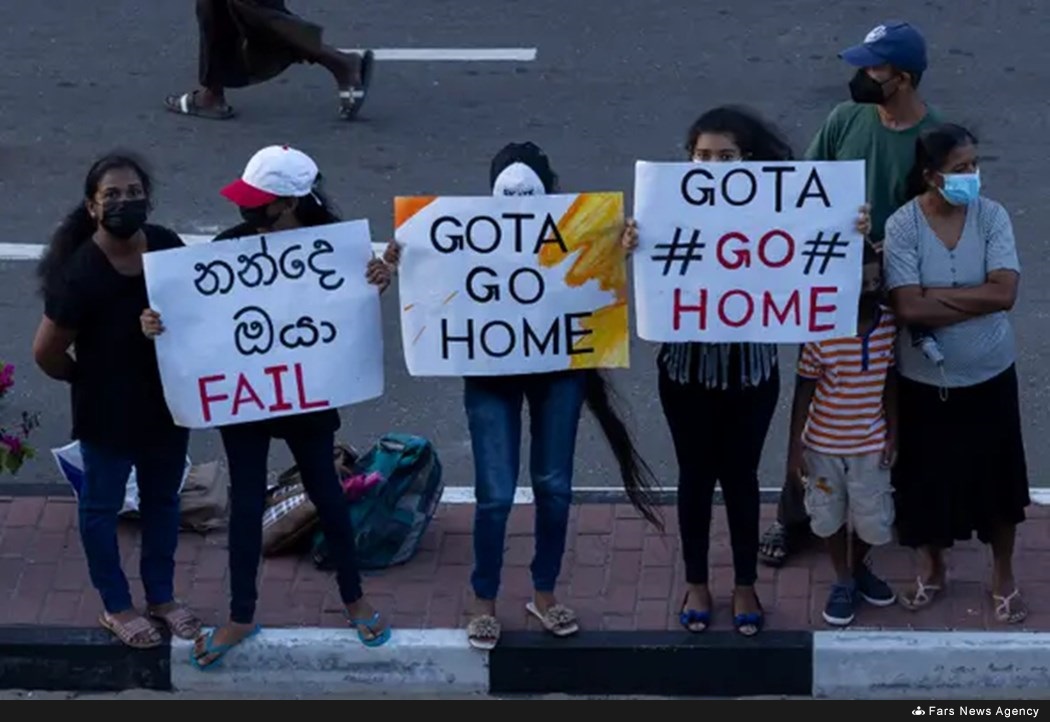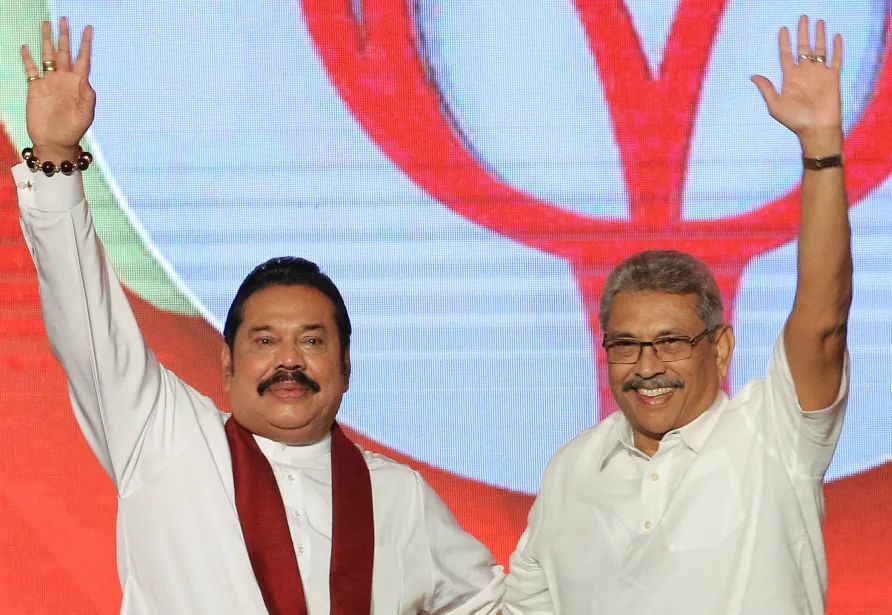For many years, the Rajapaksa dynasty in Sri Lanka dominated the island country with an iron grip, instilling fear among political opponents, journalists, and other people they saw as threats to their authority. They are currently being driven out of their houses and out of power by demonstrators.
Following months of mass demonstrations against rising costs and shortages of necessities like food and petrol, President Gotabaya Rajapaksa, 73, is set to step down on Wednesday.

Protesters who were yelling “Gota Go Home” forced him to leave the property on Saturday after compelling him to spend the previous few days locked up at his official beachfront mansion.
The turmoil revealed the public’s rage against Rajapaksa, whose three-year rule has left Sri Lanka beseeching the IMF and countries like China and India for money after it defaulted on international debt for the first time since 1948.

The Rajapaksa Legacy
Namal Rajapaksa, the 36-year-old nephew of Rajapaksa, has been considering how the dynasty might rebuild its reputation over the long term even as some observers feared that the entire family would be pushed into exile due to the increasingly violent protests.
Namal recently stated that Gotabaya “should complete his term and then go” in an interview at the headquarters of the ruling party in Colombo. He called the family’s situation right now a “temporary setback.”
Additionally, he stated that the current objective was to ‘give as much steadiness as possible to satisfy the people’s basic needs, and in the meantime work on long-term strategy’. Namal is the oldest child of 76-year-old Mahinda Rajapaksa, the brother of the current president who governed from 2005 to 2015.
Mahinda put an end to a three-decade-long insurgency by Tamil separatists employing ruthless tactics, which raised widespread worries about civilian casualties while Gotabaya served as his defence minister at the time.

The Rajapaksas were removed from office in a disputed election in 2015, but they returned to power four years later with Mahinda as prime minister and Gotabaya as president.
But a slew of poor policy decisions coupled with the pandemic quickly resulted in food and fuel shortages that sparked large-scale unrest, which ultimately forced Mahinda to resign as prime minister in May. As per sources familiar with the issue, the decision caused the brothers to become separated from one another.
According to Paikiasothy Saravanamuttu, executive director of the Centre for Policy Alternatives, a research organisation with offices in Colombo, the conflicts between the brothers are a reflection of their different management ideas.
Sri Lanka’s president and PM confirmed they will resign after thousands stormed their homes to protest an economic crisis many blame on corruption.
After months of fuel and food shortages, protesters vow to stay there until resignations are official:
“Our struggle is not over.”
— AJ+ (@ajplus) July 11, 2022
What’s needed to be done now?
The Rajapaksas are at an all-time low and require a rebirth. Namal is putting himself up as the key candidate for the following generation to assume the role. Namal talked with the steady, collected tone of an experienced politician during the interview.
He made it pretty clear that he would follow his father’s policies rather than his uncle’s. He claimed that Sri Lanka’s issue was that it drifted from a goal to make Sri Lanka a hub for manufacturing and transhipment.
To increase tourism and increase agricultural output so that the nation has enough food to sustain itself, he also recognised the necessity to renovate airports. He recognised the prominence of his family in politics but said that he is opposed to “dynastic politics.”
Namal is sure about one thing: Regardless of how terrible things become, he has no intention of leaving Sri Lanka.

